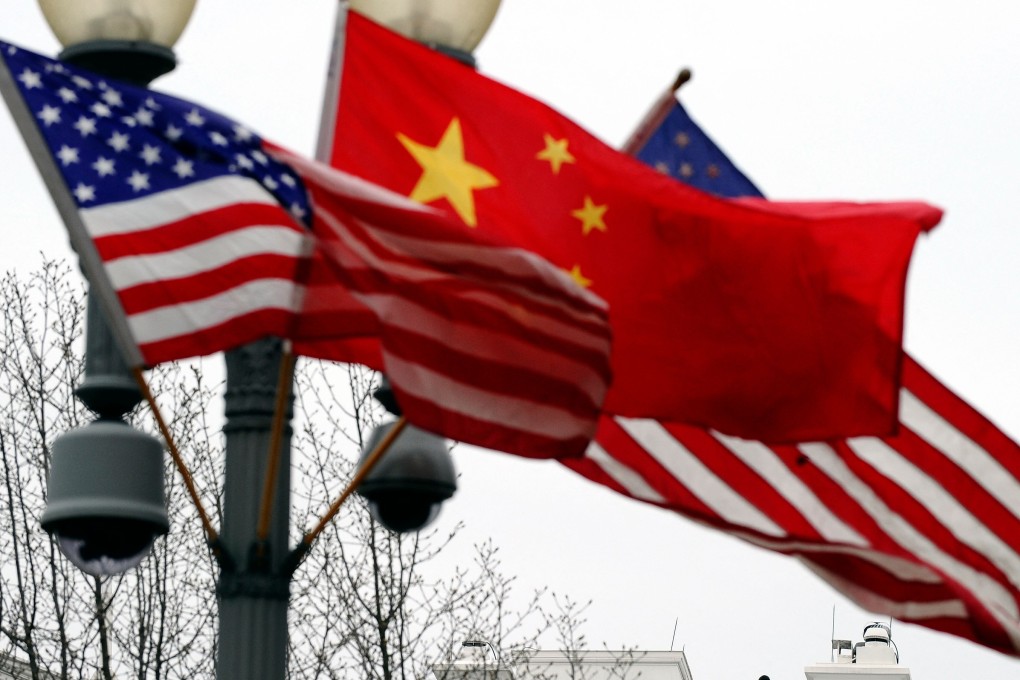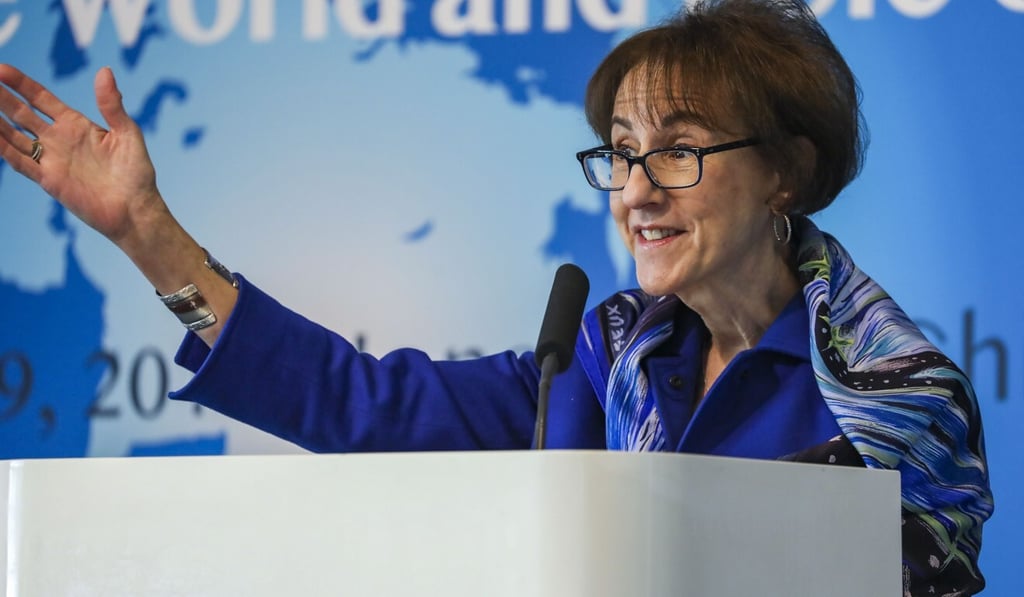Former US policymakers offer suggestions for a new China strategy
- A panel including former US trade representative Charlene Barshefsky and former US ambassador to China Winston Lord promotes joining a Pacific Rim trade pact
- Other recommendations involve strengthening the US military presence in the Pacific and lowering restrictions to educational exchanges

The policymakers, including the former US trade representative Charlene Barshefsky, the former US ambassador to China Winston Lord and Evan Medeiros, a former National Security Council official – members of a largely bipartisan informal group called the “Task Force on US-China Policy” – announced their recommendations in an online discussion about their latest white paper, “China’s New Direction: Challenges and Opportunities for US Policy”.
“We believe the response to China should be to foster rather than diminish our open attractive and powerful innovation environment and US scientific dynamism,” Barshefsky said.

“In addition, the US should increase government funding for [research and development] in critical sectors … increase participation in tech standards bodies to influence the future rules of the road, enact immigration policies that cement the US as the most attractive destination for foreign talents, and work in concert with varying groups of like-minded countries,” she continued, citing the Comprehensive and Progressive Agreement for Trans-Pacific Partnership (CPTPP).